PRESS RELEASE
STATEMENT FROM GOVERNOR PHIL SCOTT
14 APRIL 2022
Montpelier, Vt. – Governor Phil Scott today issued the following statement:
“Across the country, we have seen disturbing hostility towards the transgender community. Unfortunately, recent events show we are not immune to this in Vermont, and we must commit to continuing our work to make Vermont a more inclusive and welcoming place. Exploiting fear and targeting divisive rhetoric at people who are just trying to be who they are is hateful and can lead to violence.
“I ask Vermonters to do their part to ensure everyone feels safe in our state and to engage in these conversations from a place of empathy and understanding. Legitimate policy debates can and should be had and should be fact-based and respectful. Sadly, data shows transgender people are more likely to be victims of violence and die by suicide so it’s important to realize ‘how’ we discuss these issues matters.
“To Vermonters in the LGBTQA+ community, I want you to know we stand with you and support you but know we have more work to do.”
###
Research Findings:
Student populations (including both students who identify as LGBT and those do not) reported higher levels of feeling safe in schools that had LGBTQ inclusive curricula (Snapp, et al., 2015).
Teacher attitudes and general school climate act as a protective factor for rates of school bullying, in general (Espelage, 2014). Then it isn’t surprising that schools with better strong, positive, support for LBGT students had lower rates of bullying targeting these youth (Moyano, et al., 2020 ). Schools with professional development about LGBT youth along with gay-straight alliances have lower rates of bullying and violence against this group (Basile, 2020).
School supports for LGBT youth relate to better academic outcomes for this group (Kosciw, et al., 2013).
Parental support and friendships with adults were protective factors against sexual violence against LGBT youth in a research study of 4,822 high schoolers. “Findings suggest that prevention and intervention efforts to address gender-based harassment should focus on building protective, supportive environments across the schools, families, and communities” (Valido, et al., 2021).
School policies that prevent transgender or gender non-conforming youth from using the restroom or locker room that matches their gender identity are related to higher rates of sexual violence against these youth (Murchison, 2019).
Valido, A., Rivas-Koehl, M., Espelage, D. L., Robinson, L. E., Kuehl, T., Mintz, S., & Wyman, P. A. (2021). Protective factors of homophobic name-calling and sexual violence perpetration and victimization among LGB, trans, and heterosexual high school students. School mental health, 13(3), 602-615.
Espelage, D. L. (2014). Ecological theory: Preventing youth bullying, aggression, and victimization. Theory into Practice, 53(4), 257-264.
Moyano, N., & del Mar Sánchez-Fuentes, M. (2020). Homophobic bullying at schools: A systematic review of research, prevalence, school-related predictors and consequences. Aggression and violent behavior, 53, 101441.
Murchison, G. R., Agénor, M., Reisner, S. L., & Watson, R. J. (2019). School restroom and locker room restrictions and sexual assault risk among transgender youth. Pediatrics, 143(6).
Basile, K. C., Clayton, H. B., DeGue, S., Gilford, J. W., Vagi, K. J., Suarez, N. A., ... & Lowry, R. (2020). Interpersonal violence victimization among high school students—youth risk behavior survey, United States, 2019. MMWR supplements, 69(1), 28.
Kosciw, J. G., Palmer, N. A., Kull, R. M., & Greytak, E. A. (2013). The effect of negative school climate on academic outcomes for LGBT youth and the role of in-school supports. Journal of School Violence, 12(1), 45-63.
Snapp, S. D., McGuire, J. K., Sinclair, K. O., Gabrion, K., & Russell, S. T. (2015). LGBTQ-inclusive curricula: Why supportive curricula matter. Sex Education, 15(6), 580-596.

